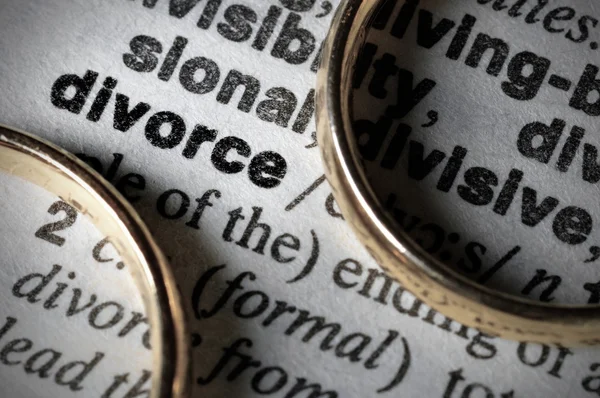Divorce
(901) 881-6205
What is divorce?
If a marriage is as much an economic joining of two people as it is a romantic one, divorce is the opposite side of that coin. There are certainly economic issues involved in the dissolution. However, there are also emotional and psychological issues. Our firm understands both the financial and emotional aspects of the divorce. While divorce is unfortunate, it is also a fact of life in this country and sometimes the only way to protect either one of the parties or the children of the marriage.

Can I get a divorce in Tennessee?
In order to get divorced in Tennessee, you have to meet the requirements of T.C.A. § 36-4-104. This statute gives Tennessee courts the authority to grant a divorce if either (a) the events which give rise to the divorce occurred while one of the parties was a resident of Tennessee or (b) if one of the parties was a resident of Tennessee for six (6) months preceding the filing of the divorce.
Since only one person needs to have been a resident of Tennessee, it is possible for more than one state to have jurisdiction to grant a divorce. In cases where more than one state has jurisdiction, rules kick in to determine which state may move forward with the divorce and which state has jurisdiction to determine child support and custody issues.
How is a divorce started?
A divorce is started with the filing of a Complaint for Divorce. If your divorce is filed in Shelby County (or one of the other larger counties), it can be filed in either Circuit or Chancery Court. If your divorce is filed in one of the less populous counties (e.g., Tipton, Fayette, Lauderdale, Haywood) it can only be filed in Chancery Court. The divorce complaint is subject to some very strict requirements, including that it must be verified and contain statistical information such as the parties’ ages, number of previous marriages, children and location where the children have resided. Once the divorce complaint is filed, it must be served on the other side.
What happens next?
After the divorce is filed and served, a document called an Answer must be filed. The Answer responds to the statements made in the Complaint. It also may contain a Counter-complaint. The Counter-complaint is the defendant’s opportunity to express why a divorce should be granted and can give certain procedural advantages to the defendant in a divorce action. As with the Complaint, the Counter-complaint must also be answered.
After these pleadings have been filed, the parties can either move into what is known as discovery or towards mediation. However, neither paths forecloses the other.
Discovery is the process for each side to ask questions of and require the other side to produce information. This can include document requests, interrogatories (written questions) and/or depositions (oral questions). You can select and/or be subject to any and all of these forms of discovery. Depending on the nature of your case, any of these forms of discovery may be necessary.
Mediation is a process in which the parties sit down with their lawyers and a third party, known as a mediator, to try and work out the dispute. All of the issues in the divorce can be on the table at the mediation. This includes the division of assets and debts, as well as any child custody or support issues. It is important to recognize that in almost every single family law matter; mediation is going to be required by the court before either party can get a hearing for anything but an emergency matter. The only question with mediation is not if, but when.
How does the divorce process end?
Most divorces end with the parties agreeing to what is known as a Marital Dissolution Agreement (for assets and debts) and/or a Permanent Parenting Plan (for child custody and support). If a Marital Dissolution Agreement (“MDA”) and/or Permanent Parenting Plan (“PPP”) are signed by the parties, there is a short – uncontested – divorce hearing at which one party appears, answers a series of questions and asks the court to approve the agreements. If everything is in order, the court will approve the agreements and a Final Decree of Divorce will be entered by the court. At that point, you are divorced.
If this not uncontested, then you have a trial. Divorce trials are a lot like any other form of trial, except there is not jury for most. The parties put on their evidence of grounds for the divorce, assets, debts, child support and custody. Each side can question the other and the court ultimately determines whether grounds exists for the divorce, what the appropriate distribution of assets and debts should be, who should have primary custody of any minor children and an appropriate amount of child support. This is all contained in the Final Decree of Divorce. Once that is entered, the parties are divorced.